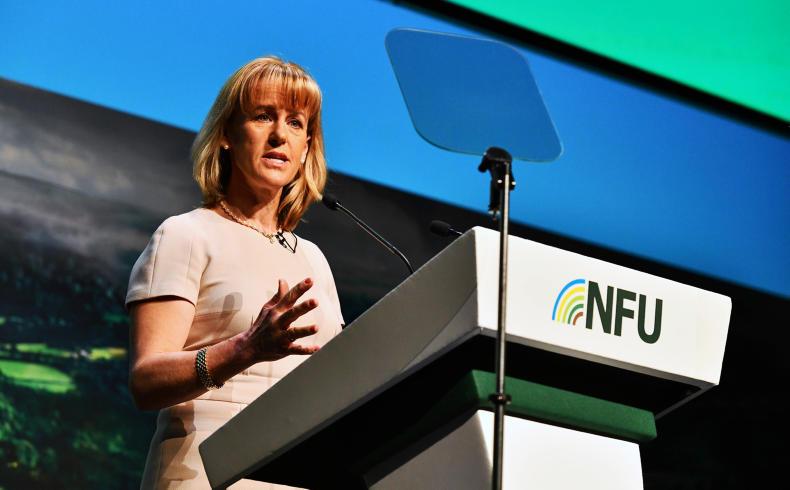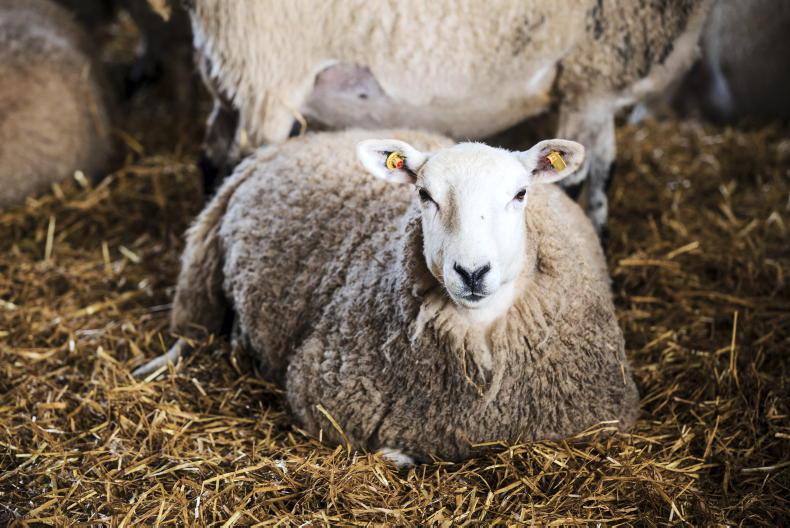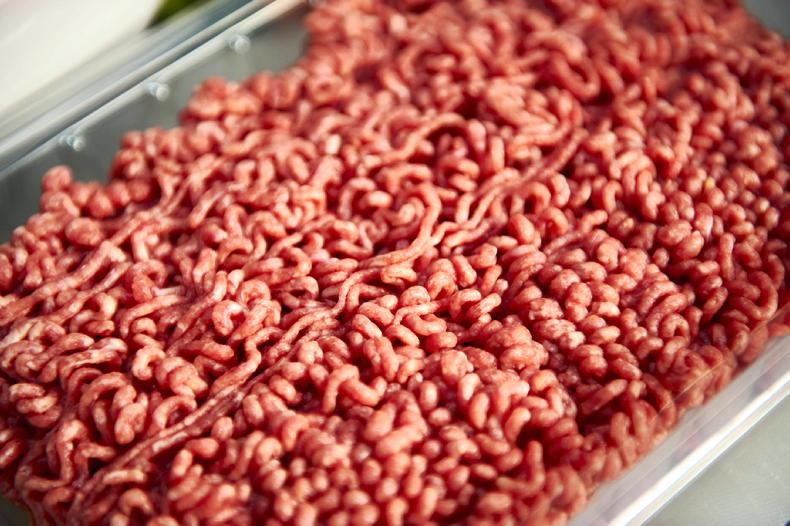The UK government remains opposed to introducing new legislation on upholding the standard of food imports.
Speaking in Birmingham on Wednesday, Defra secretary George Eustice gave no guarantee that a proposed amendment on import standards will stay in the UK government’s agriculture bill.
“I can’t give you any such reassurance,” Eustice told the National Farmers’ Union (NFU) annual conference.
“It’s already unlawful to sell chlorine-washed chicken or hormone-treated beef, there is a prohibition on its sale that is in our regulations already,” he said.
However, the NFU continues to push for new legislation on food imports amid fears that the government will allow cheap food into the UK as part of post-Brexit trade deals.
“There seems to be a lack of agreement within government as to what the future means on food standards,” NFU president Minette Batters said.
In her keynote address, Batters listed various practices that are illegal in the UK but are permitted in countries where the UK could potentially agree trade deals.
“In the US and other countries, there are no federal controls on what are deemed in the UK to be fundamental welfare requirements,” she said.
She quoted examples including a lack of rules on stocking densities in sheds, veterinary oversight, biosecurity and battery cage egg production, as well food safety issues with feeding meat and bone meal.
“In Japan, Australia, China, Canada, Brazil, Malaysia and India, the use of antibiotics is permitted for growth promotion. In Brazil, farmers don’t need a vet’s prescription for animal medicines, and don’t need to record treatments,” she added.
The Wiltshire farmer reiterated her call for the UK government to set up a trade and standards commission to scrutinise future trade negotiations.
“This isn’t just about chlorinated chicken; this is about a wider principle. We must not tie the hands of British farmers to the highest rung of the standards ladder whilst waving through food imports which may not even reach the bottom rung,” Batters said.
Read more
NFU ramps up pressure on UK import standards
NI planning guidance withdrawn after UFU legal challenge
The UK government remains opposed to introducing new legislation on upholding the standard of food imports.
Speaking in Birmingham on Wednesday, Defra secretary George Eustice gave no guarantee that a proposed amendment on import standards will stay in the UK government’s agriculture bill.
“I can’t give you any such reassurance,” Eustice told the National Farmers’ Union (NFU) annual conference.
“It’s already unlawful to sell chlorine-washed chicken or hormone-treated beef, there is a prohibition on its sale that is in our regulations already,” he said.
However, the NFU continues to push for new legislation on food imports amid fears that the government will allow cheap food into the UK as part of post-Brexit trade deals.
“There seems to be a lack of agreement within government as to what the future means on food standards,” NFU president Minette Batters said.
In her keynote address, Batters listed various practices that are illegal in the UK but are permitted in countries where the UK could potentially agree trade deals.
“In the US and other countries, there are no federal controls on what are deemed in the UK to be fundamental welfare requirements,” she said.
She quoted examples including a lack of rules on stocking densities in sheds, veterinary oversight, biosecurity and battery cage egg production, as well food safety issues with feeding meat and bone meal.
“In Japan, Australia, China, Canada, Brazil, Malaysia and India, the use of antibiotics is permitted for growth promotion. In Brazil, farmers don’t need a vet’s prescription for animal medicines, and don’t need to record treatments,” she added.
The Wiltshire farmer reiterated her call for the UK government to set up a trade and standards commission to scrutinise future trade negotiations.
“This isn’t just about chlorinated chicken; this is about a wider principle. We must not tie the hands of British farmers to the highest rung of the standards ladder whilst waving through food imports which may not even reach the bottom rung,” Batters said.
Read more
NFU ramps up pressure on UK import standards
NI planning guidance withdrawn after UFU legal challenge










SHARING OPTIONS